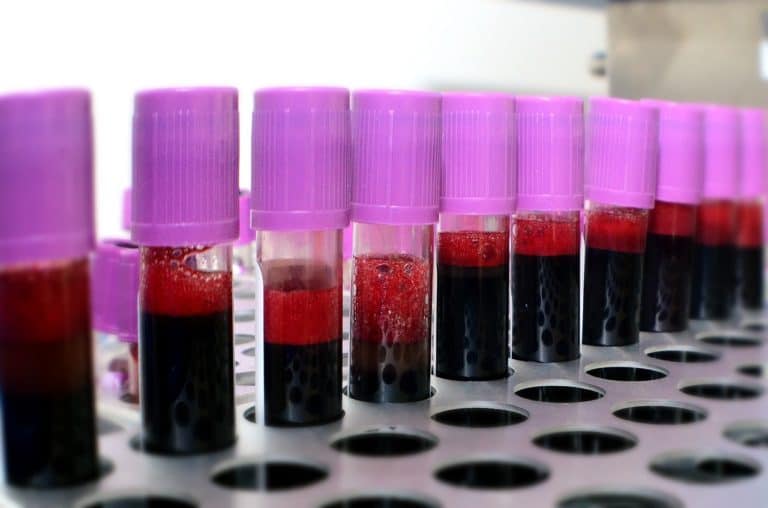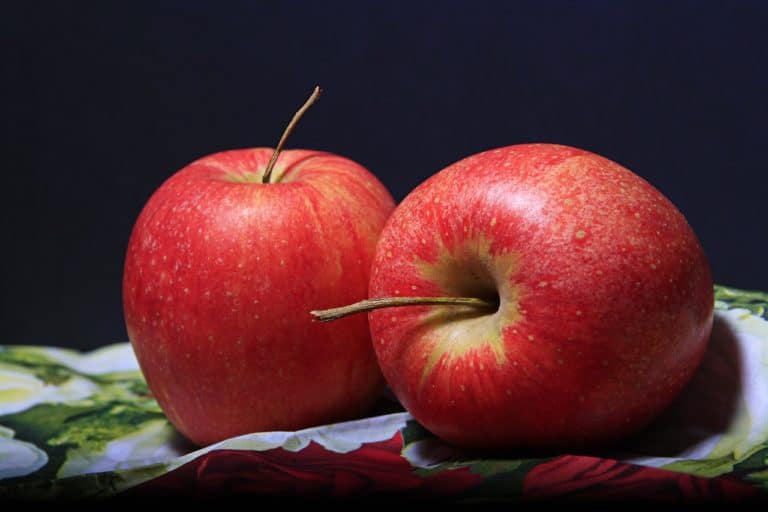Experts have discovered strong evidence that there is a relationship between insulin-like growth factor and prostate cancer. This finding may make it possible for men to take steps to reduce their risk of developing prostate cancer by lowering their levels of this hormone if it is elevated.
What is insulin-like growth factor?
Insulin-like growth factor (IGF-1) is a hormone that helps promote normal tissue and bone growth and development. It has a structure that is similar to that of insulin, and it works in synch with growth hormone to reproduce and regenerate cells.
Previous investigations have revealed that having levels of IGF-1 that are too low or too high are risk markers for a wide variety of health challenges. For example, low IGF-1 has been associated with metabolic syndrome, obesity, chronic inflammatory diseases (e.g., rheumatoid arthritis, lupus), depression, and dementia, including Alzheimer’s disease.
High IGF-1, on the other hand, has been linked to acne and to a greater risk of developing and dying of cancer and cardiovascular disease, including heart disease and stroke.
Therefore, it appears it is important to strike a balance or normal level of IGF-1. The normal range for IGF-1 varies by gender and age and can be seen in this chart. You should discuss what is normal for you with your healthcare provider.
The relationship between insulin-like growth hormone and prostate cancer was examined by an international group of experts who conducted a meta-analysis that involved 19 studies and included 10,554 cases of prostate cancer and 13,618 controls. Data were collected on concentrations of five different IGFs. The reviewers reported that “IGF-1 is highly likely to be involved in prostate cancer development.”
Natural ways to lower IGF-1
For men who are interested in lowering their risk of prostate cancer, as well as other cancers and cardiovascular disease, there are several natural ways to reduce IGF-1 levels if they are elevated. For example:
- Reduce protein intake. Numerous studies have shown that reducing protein intake will result in significantly lower IFG-1 levels. The secret, however, is that you need to reduce animal protein to reap this benefit. That’s because animal proteins, unlike those in plants, are rich in the amino acid methionine. Animal research has shown that when methionine intake is restricted, life span is lengthened. Therefore, it stands to reason that another way to lower IGF-1 levels would be to adopt the next suggestion:
- Switch to plant protein. Plant protein contains a miniscule amount of methionine when compared with animal protein sources.
- Get more glycine. The amino acid glycine helps lower IGF-1 by speeding up its clearance of methionine through the liver. You can take a glycine supplement like this one – perhaps 2 to 3 grams daily—or you could consume plant proteins that have high levels of glycine, such as yeast and hemp protein powders (this is a highly rated one), and foods such as beans, cauliflower, cabbage, kale, and pumpkin.
- Try intermittent fasting. Much of the evidence that intermittent fasting can lower IGF-1 is anecdotal, since few studies have been conducted. Restricting caloric intake for set time periods, such as eating normally for five days and then consuming just 600 or 700 calories for two days, reportedly lowers IGF-1 and other growth factors, which in turn allows the body to repair and heal itself.
In a small study consisting of 34 resistance-trained men, half were randomly assigned to intermittent fasting (100% of calories consumed within an 8-hour period daily) and half to traditional eating patterns (3 meals consumed at 8 AM, 1PM, and 8PM). After eight weeks on this program, men in the intermittent fasting group showed a significant decline in IGF-1 and testosterone levels, as well as fat mass, when compared with the control group.
Conflicting research
Some research has suggested that boosting your folate levels can also lower your IGF-1. However, a systematic review and meta-analysis of 19 studies found that use of folic acid supplementation was associated with an increased risk of prostate cancer, but not other types of cancer.
Similarly, the anti-aging supplement resveratrol also has demonstrated an ability to lower IGF-1 levels. Animal research, however, has shown that resveratrol may increase the risk of prostate cancer as well. The decision so use either of these supplements should be made only after a thorough investigation of their pros and cons.
Read more in our Prostate Cancer Health Center.
References
Carraro S et al. Association between dietary folate intake and serum insulin-like growth factor-1 levels in healthy old women. Growth Hormone IGF Research 2013 Dec; 23(6): 267-71
Moro T et al. Effects of eight weeks of time-restricted feeding (16/8) on basal metabolism, maximal strength, body composition, inflammation, and cardiovascular risk factors in resistance-trained males. Journal of Translational Medicine 2016; 14:290
Svensson J et al. Both low and high serum IGF-1 levels associate with cancer mortality in older men. Journal of Clinical Endocrinology and Metabolism 2012 Dec; 97(12): 4623-30
Travis RC et al. A meta-analysis of individual participant data reveals an association between circulating levels of IGF-1 and prostate cancer risk. Cancer Research 2016; 76(8): 2288-300
Wien TN et al. Cancer risk with folic acid supplements: a systematic review and meta-analysis. BMJ Open 2012;2:e000653







